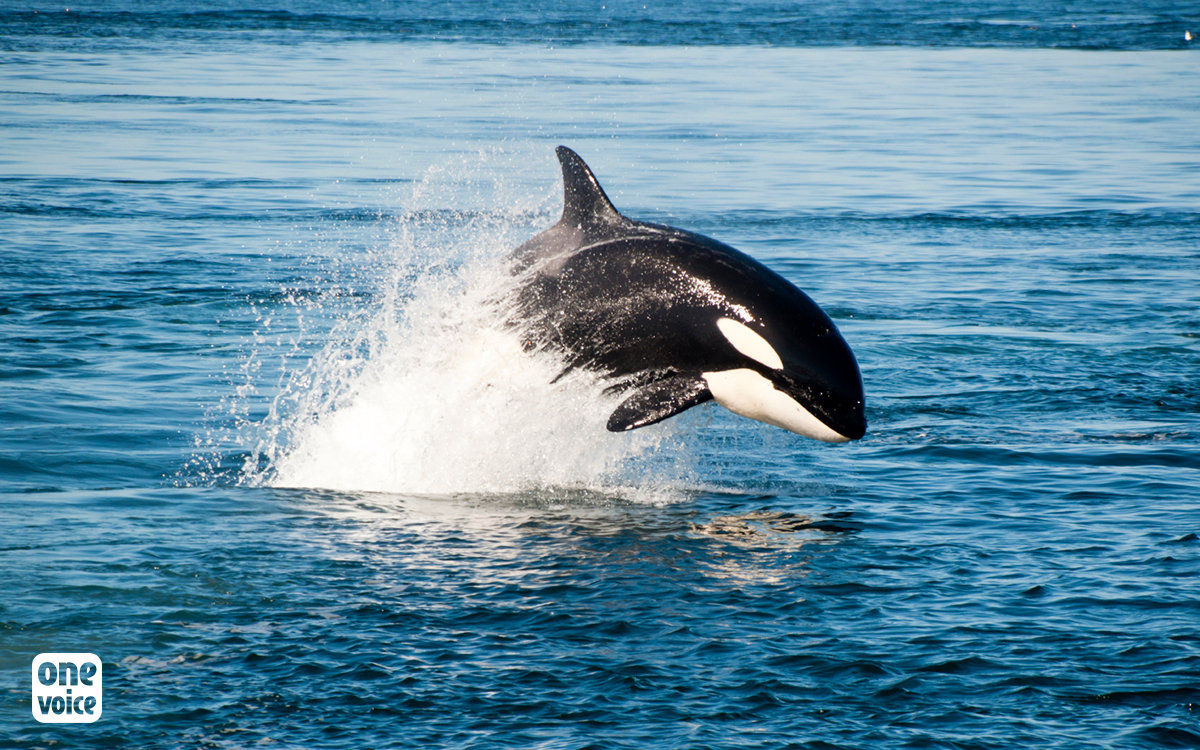

It’s time for marine sanctuaries
Inexorably, the time for marine sanctuaries is coming. The Western public is gradually turning away from captive cetacean shows and dolphinarias will soon be forced to make the following choice: either deliver their last detainees to China or the Middle East, or entrust them to a sanctuary.
Some of these parks have also started their transformation by increasing the number of alternative attractions to dolphin exhibitions, by accepting the end of the reproduction of their orcas, or by moving towards supposedly “educational” presentations that do not fool anyone.
However, the future is already here, very real!
In Iceland, Little Gray and Little White, the two female belugas released from the Changfeng Oceanworld in Shanghai, are only waiting for spring to finally discover the icy waters of Klettsvik Bay, arranged for them by the Sea Life Trust, their legal owners.
In Canada, the Whale Sanctuary Project is preparing to open the first of its retreat locations in Nova Scotia.
In the heart of a closed bay sheltered from storms, the surface of which will exceed by more than 300 times that of a dolphinarium pool, orcas and belugas formerly prisoners will soon be able to find the ocean, dive into the depths and swim in living, natural water. Several similar sites are also planned in British Columbia and Washington State.
But to keep who?
Until now, no marine park in the United States or Canada has ever agreed to grant any retreat to its inmates gorged with antibiotics, painkillers and antidepressants. All died at an early age in their place of detention. “It would be irresponsible to risk the health of these magnificent animals by physically moving them into a dangerous experimental environment,” dares to assert SeaWorld, which calls the sanctuaries the scornful term “sea cages”.
Lori Marino, the neurobiologist who has been piloting the Whale Sanctuary Project since 2011 alongside other specialists and to whom we owe the first study on self-awareness in dolphins, remains confident:
«We expect SeaWorld and Ontario’s Marineland to eventually seize the full advantage of working with us. More and more people refuse to go to their live animal shows. It is not a question of closing these parks but of helping them to reconvert themselves by giving up cetaceans.»
Dr Spong isn’t giving up hope, either
For years, he has been planning a closed bay for the Corky Killer Whale at Double Bay, on Hanson Island, Canada, until SeaWorld finally decides to release it.
Paul Spong is a Cetologist who set up the OrcaLab research station not far from Vancouver to study the Northern Resident Killer Whale community, from which Corky was kidnapped. The 54-year-old is now the oldest captive orca in the world, but she could still live to 90 years, if not beyond. “She will swim again in the ocean water and her family will be able to come and visit her”, assures Dr. Spong, who adds: “It can happen and I am convinced that it will happen”.
And in France?
For the moment, Parques Reunidos, which notably owns the Marineland in Antibes, would not consider any other solution for its orcas than to send them abroad. We know that the Spanish company continues its international expansion thanks to an agreement concluded with Harves Century Group for the development of future theme parks in China and Vietnam. In particular, it is participating in the construction of a gigantic dolphinarium on the Chinese island of Hainan, which will soon need many killer whales, dolphins and beluga whales to furnish its pools. And at this point, of course, ethics no longer have their place, nor concern for animal welfare, let alone the idea of a sanctuary. There is no longer anything but the sole search for profit.
But Marineland will have to hear him if it wants to say something and become prosperous again: for Wikie, Inouk, Keijo and Moana too, the time for marine sanctuaries has indeed come … Sign our petition to save our orcas.